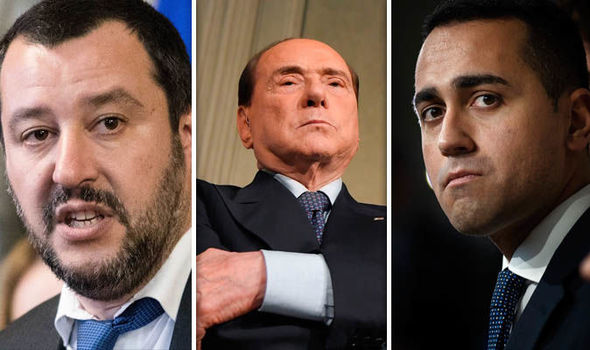Italy is now headed towards a coalition government between the “Five Star Movement” and the (formerly “Northern”) “League”. Those two parties are regarded as the undisputed winners of the last parliamentary elections, although Italy’s complex, mostly proportional electoral system prevented both from gaining a clear majority on their own.
Meanwhile, support for the heir of the Italian left, the Democratic Party, sunk to an all-time low of 19 per cent, drained both by abstention and by a significant transfer of votes towards the “Five Star Movement”. In the light of this historic defeat – and similar losses to social democratic parties across Europe – we are left to wonder: is there a future for progressive politics in Italy?
The “Five Star Movement” and the “League” have been portrayed as two complementary kinds of populism – a left-leaning, “tax and spend,” and a right-wing, anti-tax and xenophobic one – which are unified by a shared mistrust of institutional politics. In the face of such a populist insurgence, the outgoing secretary, yet still de facto leader, of the Democratic Party has called for a “grand coalition” government, with the aim of imposing an agenda of institutional reforms that are inspired by the French “Vth Republic”. By doing so, he is clearly trying to position himself as the “Italian Macron”, thus pushing the Democratic Party further along the Third Way. Underwriting this strategy is the view that there are no more viable space for the Left, since the new dominant political cleavage is the one that opposes “populists” to “Europeanists”. So where does that leave progressives?
As pointed out by Fausto Panunzi and Dani Rodrik, the crisis of the Left is rooted in its embrace of the view that the best way to ensure shared prosperity was the efficiency of the markets. The economic crisis in 2008, still plaguing Europe, revealed the fundamental flaws of this approach. And so, as progressives lost their credibility, broad sectors of the electorate turned to populist forces instead.
But we should not let these far-right forces distract from the need to deepen economic democracy in the Union. Populism, as a strategy, can be used to advance a reactionary agenda, but as Rodrik points out, it can also be used to advance a progressive one. It is our responsibility, then, to develop “populist” economic policies within a responsible framework, in order to meet the demands of protection and income redistribution — and in this way, to prevent our political systems from being exploited by the more dangerous variety of xenophobic and authoritarian populism.
This is precisely the core of DiEM25’s European New Deal, as well as of the agenda of the transnational list “European Spring”.
Do you wish to contribute to the renewal of economic democracy in Europe? Join DiEM25 and participate in the European Spring!
Nicola Bertoldi is currently pursuing a PhD in history and philosophy of science at the University of Paris 1 and is an active member of DiEM25.
Volete essere informati delle azioni di DiEM25? Registratevi qui!




